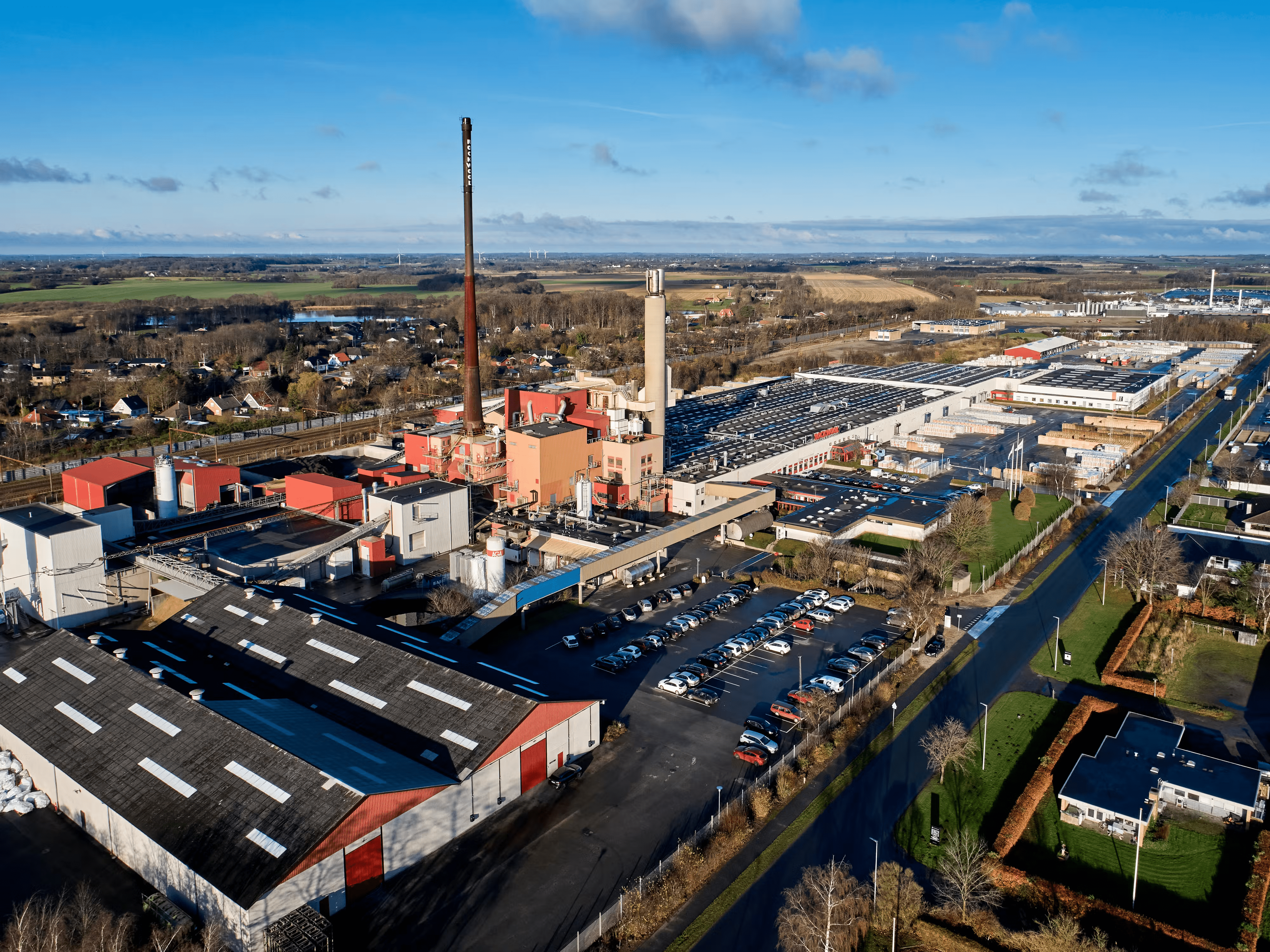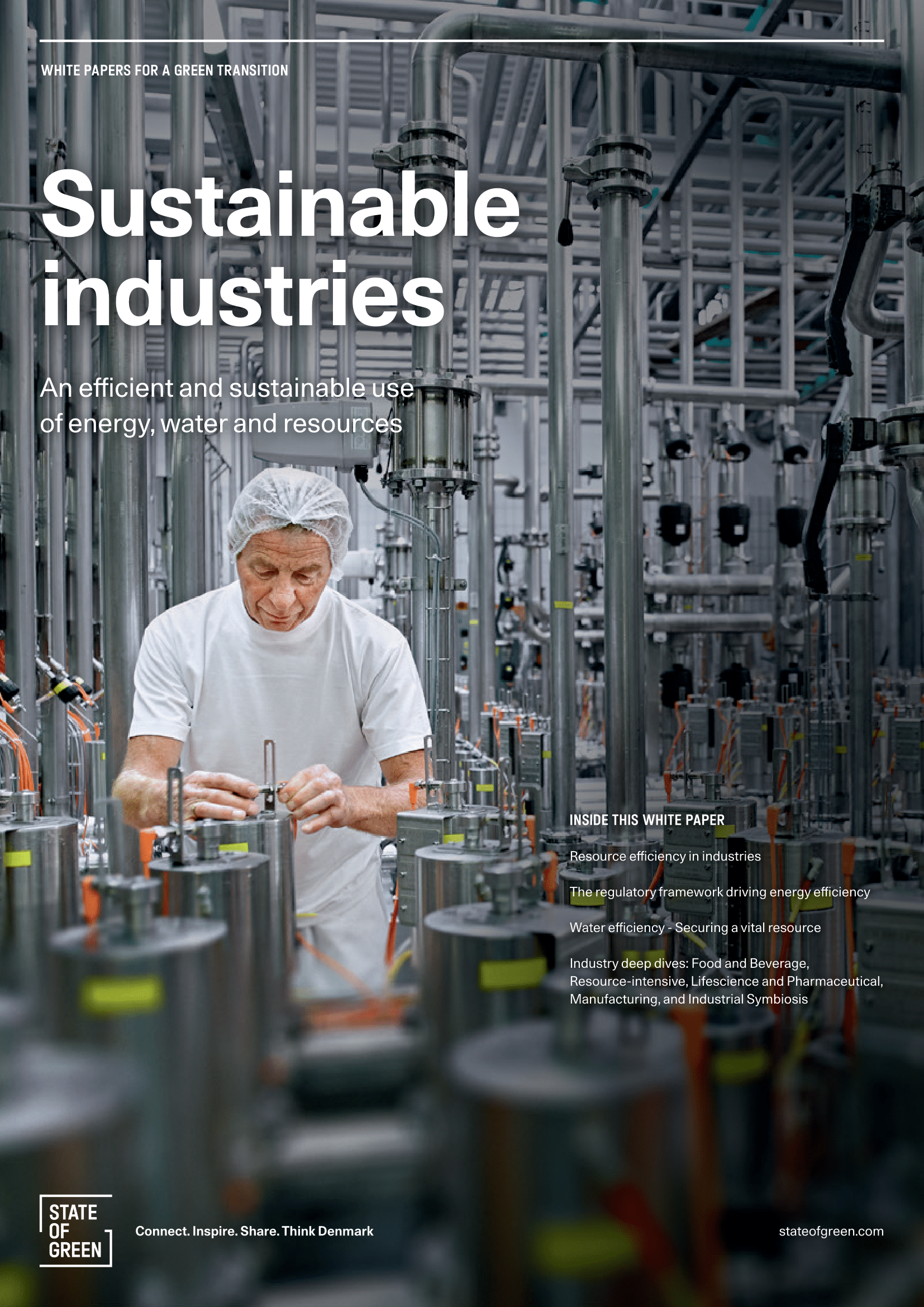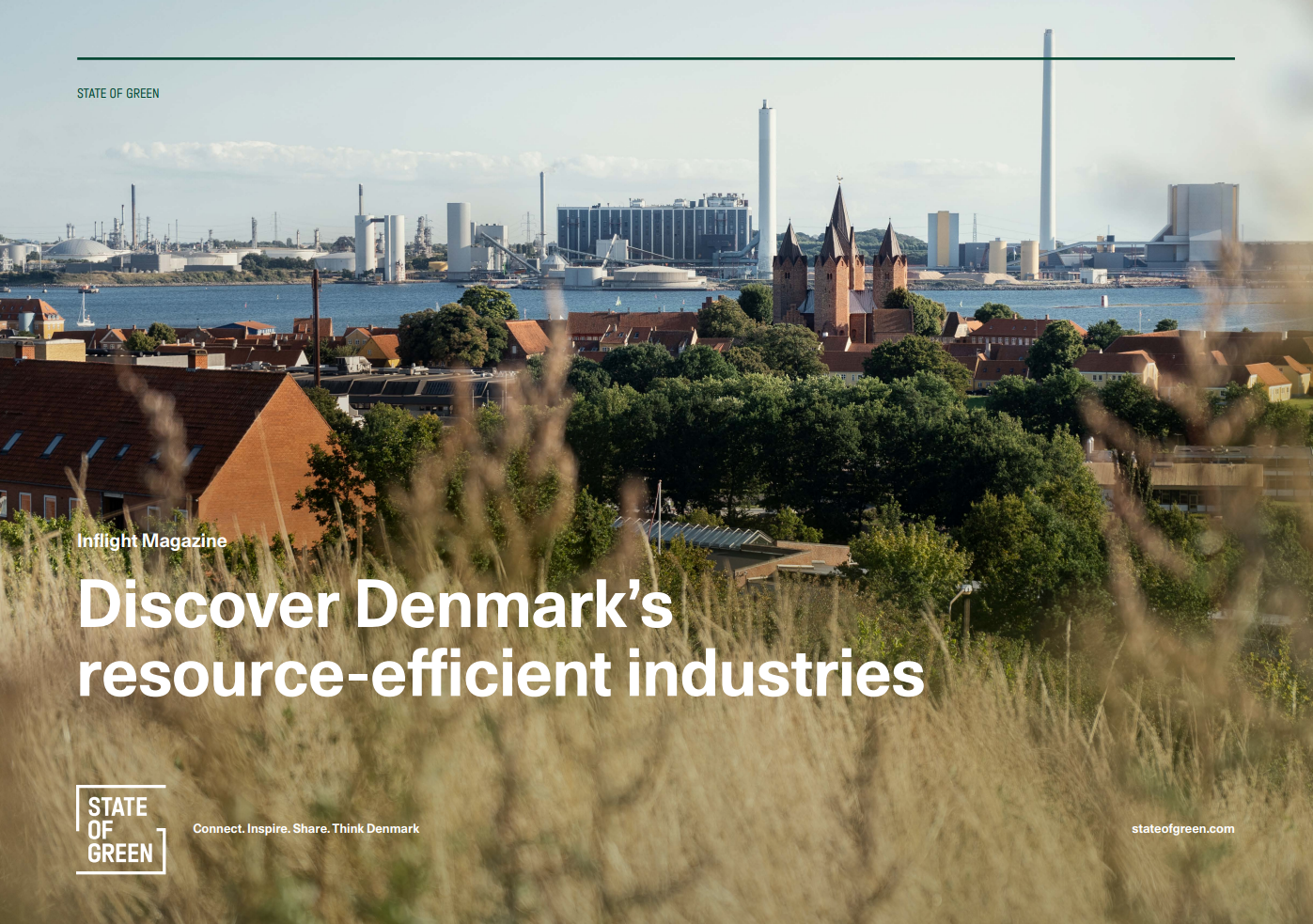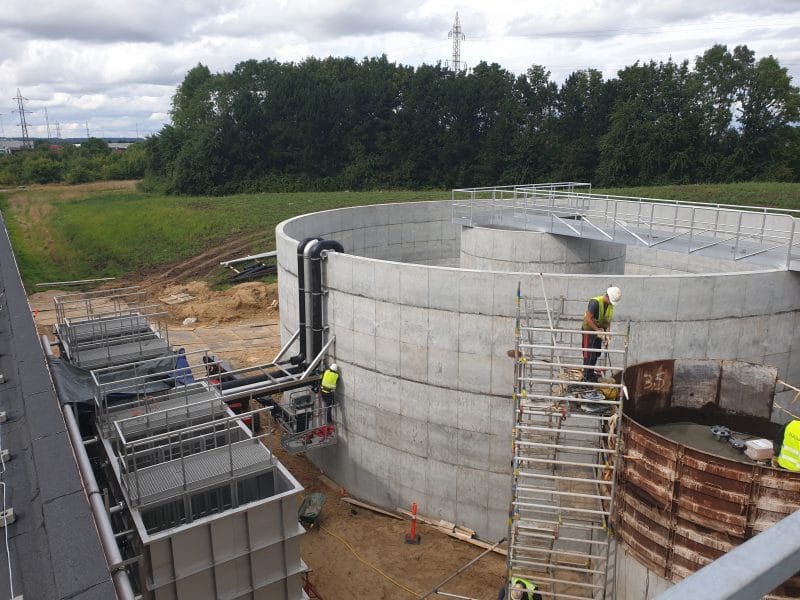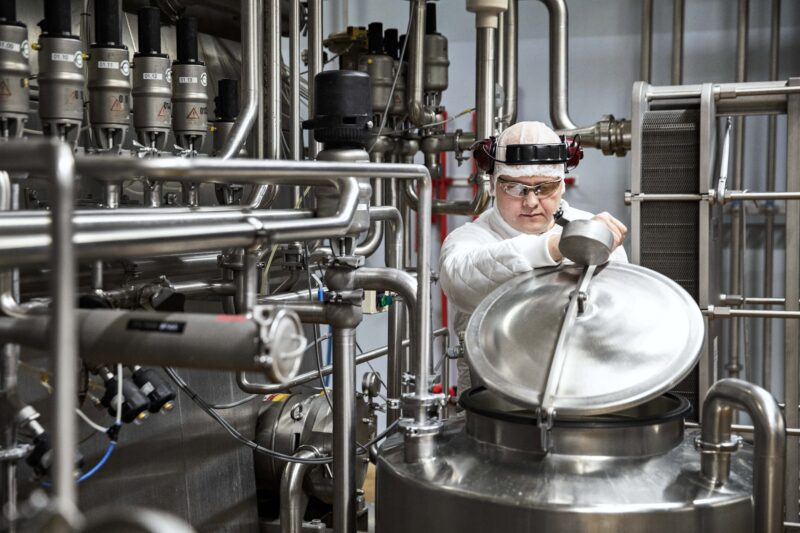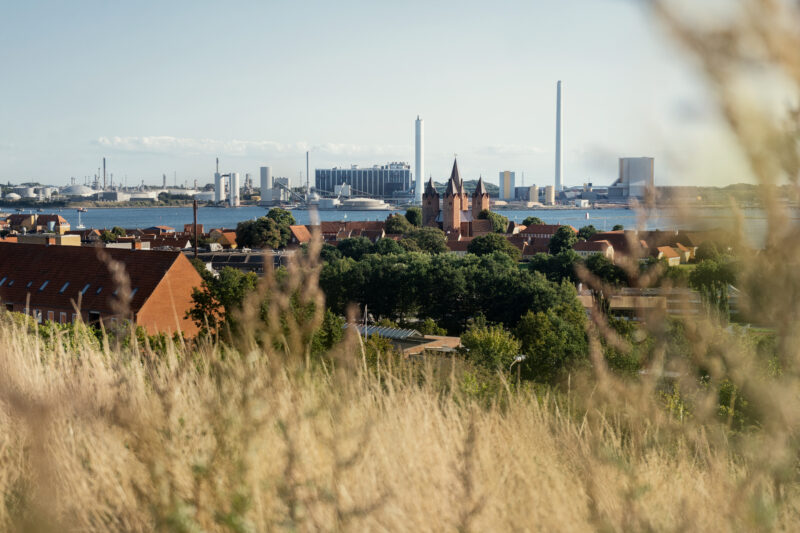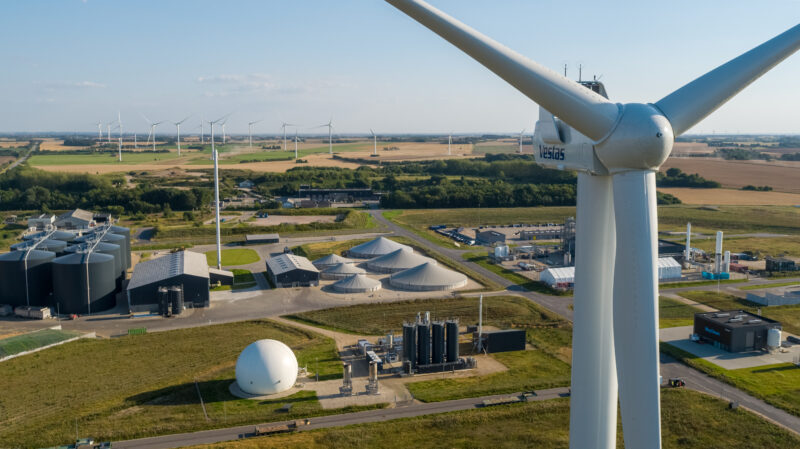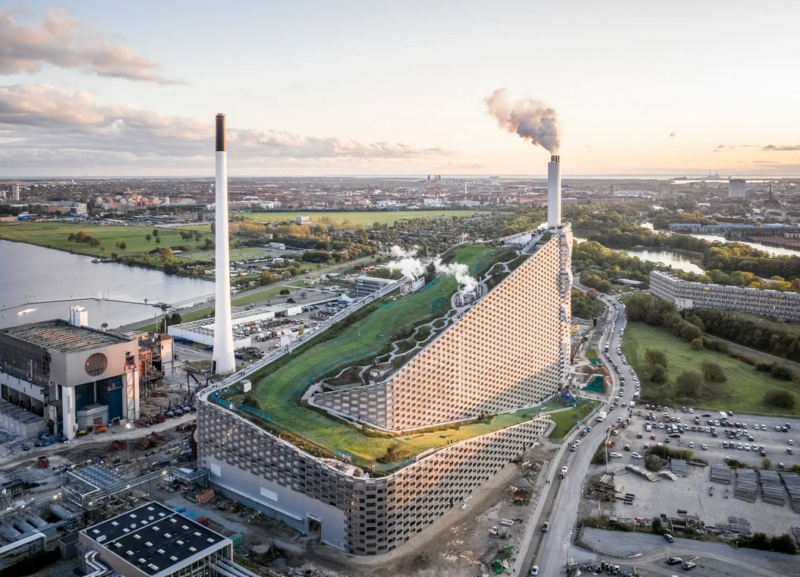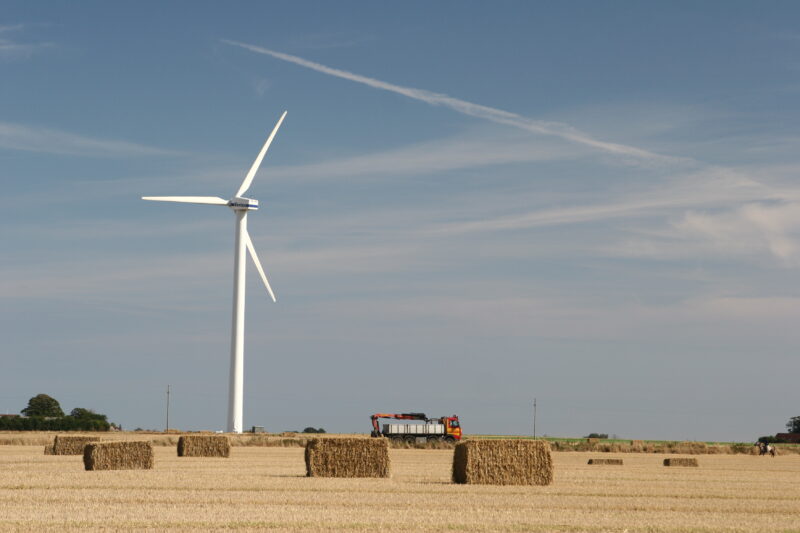In the development towards more sustainable heavy industries, Denmark’s top 42 emitters in the industrial sector have slashed their CO2 emissions by 17 percent on average over the past two years.
This is shown by calculations, conducted by DR (Danish Broadcasting Corporation) based on new data from the EU Commission.
Read the original article from DR (in Danish)
The slash in emissions is largely rooted in a decision made by the Danish Parliament in 2020, forging a political consensus to introduce the CO2 tax targeting the industrial sector. While this tax is slated to take effect next year, its impending implementation, alongside increased prices for EU carbon allowances, has effectively heightened the cost of environmental pollution.
Consequently, companies are finding it more economically advantageous to gravitate towards green initiatives, fostering a more environmentally conscious industrial landscape.
